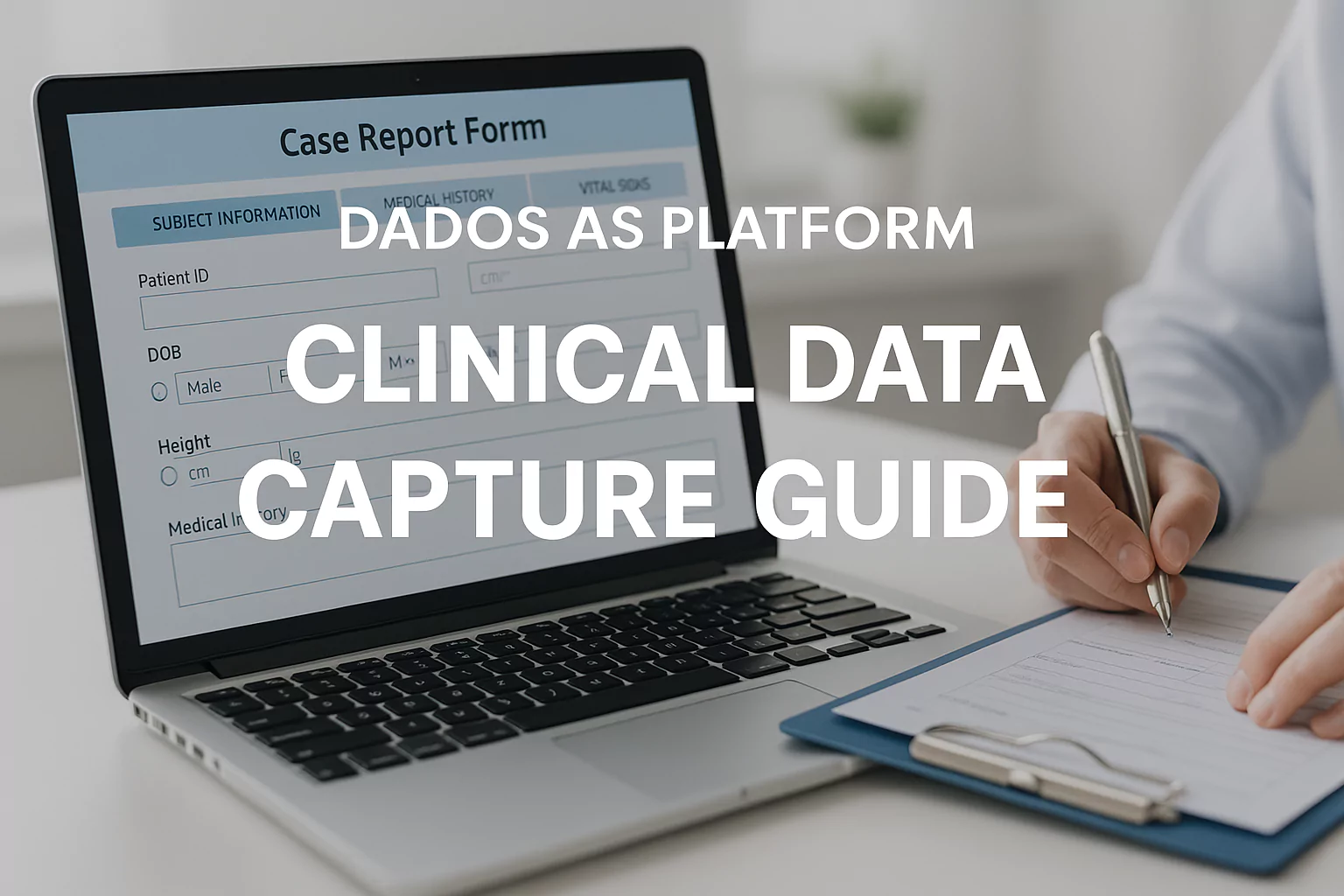Clinical Trials Show Rapamycin Delays Ovarian Aging in Women

Clinical trials have demonstrated that rapamycin, a drug originally used to prevent organ transplant rejection, holds promise in delaying ovarian aging in women. This breakthrough finding offers hope for maintaining fertility and extending reproductive health.
In this article, we delve into the impact of rapamycin on ovarian aging, explore the results from clinical trials, and discuss its potential benefits.
Understanding Ovarian Aging and the Impact of Rapamycin
Ovarian aging is a natural process that affects women as they grow older. As the ovaries age, the quality and quantity of eggs decline, leading to reduced fertility and eventual menopause. Rapamycin, a compound that inhibits the mTOR pathway, has shown remarkable effects in animal studies and is now being investigated in human trials.
Results from Clinical Trials
Clinical trials involving women of various age groups have revealed promising outcomes. Researchers administered rapamycin to study participants and monitored its effects on ovarian function. Notably, the drug improved egg quality, extended the lifespan of ovarian follicles, and delayed the onset of menopause.
Repurposing Rapamycin for Ovarian Aging
Originally developed as an immunosuppressant, rapamycin’s potential for ovarian health has sparked interest in repurposing it. By targeting the mTOR pathway, rapamycin helps preserve the ovaries’ function and may offer a novel approach to managing age-related fertility decline.
Benefits of Rapamycin for Maintaining Fertility
Let’s explore the specific benefits of rapamycin in maintaining fertility:
Increased Ovarian Lifespan
Rapamycin-treated mice exhibited a significant extension in ovarian lifespan. The drug appears to slow down the natural decline of ovarian follicles, allowing women to retain viable eggs for a longer duration.
Delaying Menopause
Menopause, a milestone in a woman’s life, is often associated with hormonal changes and fertility loss. Rapamycin’s ability to delay menopause onset provides hope for women seeking to extend their reproductive years.
Study Design and Findings
Researchers conducted rigorous studies to understand rapamycin’s effects on ovarian aging:
Short-term Treatment Effect on Young and Middle-aged Mice
In short-term experiments, young and middle-aged mice received rapamycin doses. The drug enhanced egg quality and maintained ovarian function, suggesting its potential preventive role against age-related decline.
Potential Extension of Ovarian Lifespan in Older Mice
Studies on older mice explored whether rapamycin could reverse or slow down existing ovarian aging. While results are promising, further investigation is needed to determine optimal dosages and long-term effects.
Conclusion
Rapamycin’s impact on ovarian aging represents a groundbreaking advancement. As clinical trials continue, we anticipate more insights into its safety, efficacy, and practical applications. If successful, rapamycin could revolutionize women’s reproductive health, offering a new lease on fertility and quality of life. 🌟









